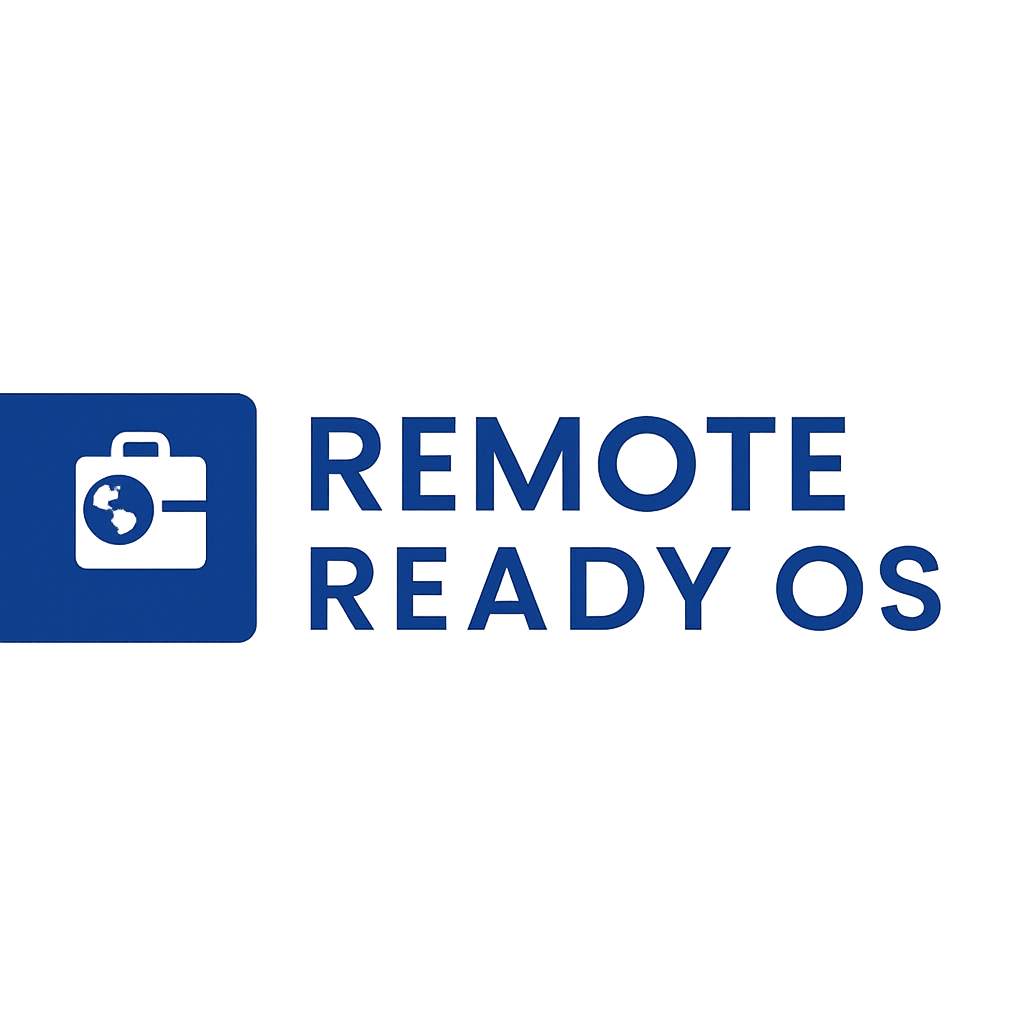As digital nomads, we often think about cybersecurity—VPNs, password managers, encrypted drives. But what about the physical world?
While traveling through Mexico, Thailand, or even the U.S., many of us rent Airbnbs or boutique hotels that look safe—but that doesn’t always mean they are. Physical security is your first line of defense, and ignoring it is a rookie mistake.
👀 Real Talk: You Are Being Watched (Or Robbed)
Let’s be honest—Airbnb horror stories exist for a reason:
- Hidden cameras in bathrooms and bedrooms
- Break-ins while you’re out exploring
- Sketchy hosts with duplicate keys
- Local thieves targeting short-term rentals
I’ve heard it all, and I’ve experienced it personally.
In Playa del Carmen, my laptop vanished during a daytime break-in. Years later, a friend had her bag stolen inside her Airbnb in Mexico City. The host? “Shocked.” The police? “Too busy.” The lesson? Relying on others for your safety is a losing game.
The Digital Nomad’s Physical Security Toolkit
Let’s level up. Here's what I personally travel with:
Mini Indoor Cameras (like Wyze Cam or Blink Mini):
Place them in your Airbnb when you’re out. Aim at entry points (doors/windows) and disable audio if you’re worried about privacy laws. These can livestream to your phone and send alerts.
Travel Door Alarm or Wedge Sensor:
Cheap and effective. These scream if someone tries to open your door uninvited.
Portable Lock:
Great for hotel rooms or apartments where the lock isn’t deadbolt-grade. Easy to carry and adds instant peace of mind.
Decoy Safe:
Hide cash, backup cards, or your passport in a fake shaving cream can or book safe. Bonus: if your place gets tossed, they likely won’t find this.
📸 Using Cameras in Rentals—Is It Legal?
Great question. Short answer: Yes, with limits.
You can legally record your personal space (i.e., the Airbnb you paid for) as long as you’re not recording others in private areas without consent (e.g., bathrooms, bedrooms if shared).
Check local laws to be sure, but recording your Airbnb for security purposes is generally protected. You're simply documenting your property and protecting yourself from theft or host misconduct.
Trust, But Verify
When you check into a new place:
- Scan for hidden cameras using your phone flashlight and a simple RF detector (they cost ~$15).
- Change the Wi-Fi password if possible—or disconnect your gear from the host’s network and hotspot your own device.
- Set up your own mini camera, pointing only toward the entrance.
- Keep valuables locked in your suitcase, even when you step out for 5 minutes.
Final Thoughts: Be Your Own Security System
You don’t need to be paranoid—just prepared.
Smart cameras, portable locks, and a little situational awareness can turn you from a target into a fortress—even while living out of a backpack.
And remember: physical security is digital security. If someone steals your laptop, your crypto cold wallet, or your journal with 2FA codes inside—you’re compromised.
So next time you book that dreamy Airbnb in Medellín or that beachside stay in Phuket—ask yourself:
“What’s my physical security plan?”
- King Michael


